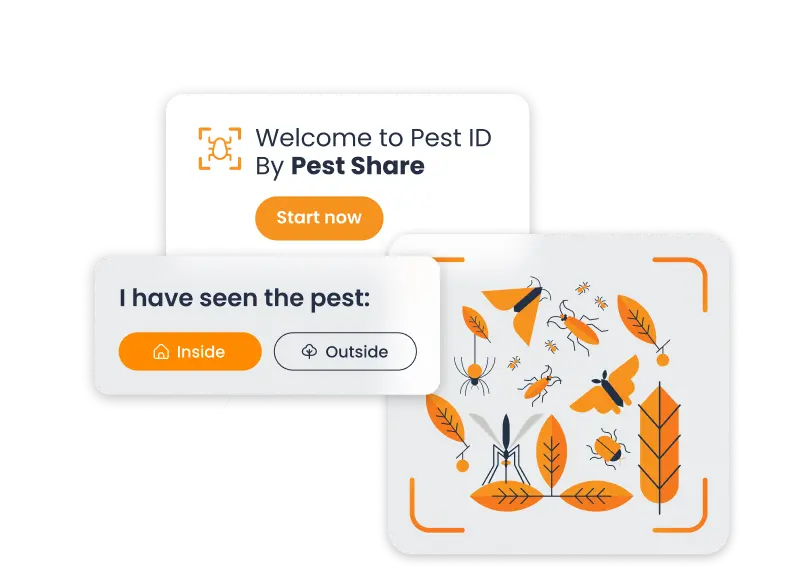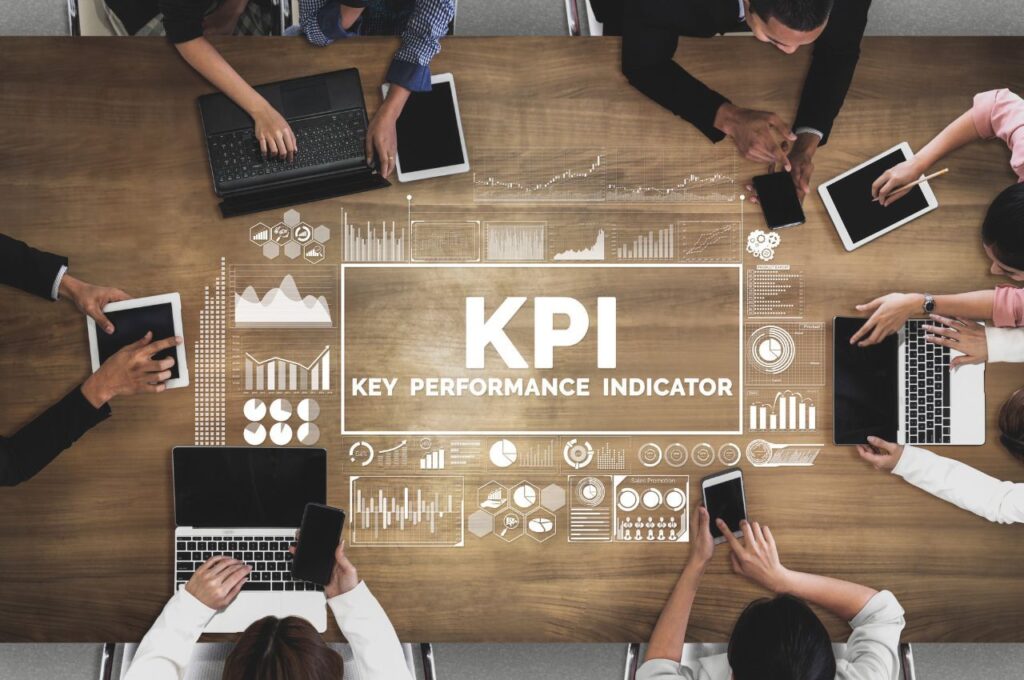Unanticipated pest invasions can swiftly tarnish a property’s reputation, leading to unsatisfied tenants and potential revenue losses. These challenges underscore the necessity of integrating effective pest control strategies within the property management framework. This guide delves into the significant yet often underappreciated role of pest control in enhancing property management outcomes. By focusing on key performance indicators (KPIs), property managers can gauge the effectiveness of their pest control measures and identify areas for improvement, ultimately elevating their property’s performance.
Property Management Key Performance Indicators (KPIs)
Key performance indicators for property management are crucial metrics that help property managers monitor and evaluate the efficiency and success of their operations. These KPIs encompass a range of factors, from financial metrics like return on investment (ROI) and net operating income (NOI) to tenant-centric metrics such as satisfaction levels, retention rates, and turnover rates. Effective pest control directly influences these KPIs, impacting everything from tenant satisfaction to maintenance costs. By maintaining a pest-free environment, property managers can enhance tenant retention and satisfaction, minimise vacancies, and reduce the expenses associated with pest-related damages and complaints.
The interplay between pest control and KPIs is complex, as the presence of pests can significantly detract from a property’s appeal, causing potential tenants to look elsewhere and prompting current tenants to consider relocating. Moreover, the costs associated with addressing pest infestations can strain a property’s budget, reducing its overall profitability. Therefore, proactive pest management is not just a matter of maintaining a clean and healthy environment; it is a critical component of strategic property management aimed at optimising key performance metrics.

Modern Pest Control, Simplified.
KPI Property Management: A Closer Look
Delving deeper into the specific KPIs affected by pest control, tenant satisfaction scores emerge as a primary metric reflecting the quality of the living or working environment. High satisfaction scores are often correlated with effective pest management strategies, as tenants value and expect a pest-free living space. Turnover rates are another critical KPI influenced by pest control efforts. Properties that consistently manage pest issues effectively tend to have lower turnover rates, as tenants are more likely to renew their leases if they are satisfied with their living conditions.
Maintenance costs, directly tied to the property’s bottom line, also reflect the impact of pest control. Effective pest management can significantly reduce the need for reactive maintenance work caused by pest infestations, such as structural repairs and deep cleaning services. Additionally, a property’s reputation, though not a quantifiable KPI, is critically influenced by its pest control measures. Properties known for their stringent pest management protocols enjoy a positive reputation, attracting more tenants and potentially allowing for higher rental rates.
Property Management KPIs Enhanced by Pest Control
Understanding which KPIs are most responsive to pest control initiatives allows property managers to prioritise their efforts for maximum impact. Tenant retention rates, for example, can be greatly enhanced by implementing a comprehensive pest control program. A well-maintained property that effectively manages pests can foster a sense of security and satisfaction among tenants, making them more inclined to stay long-term.
Operational costs related to pest control, including preventative measures and emergency pest eradication services, can also influence a property’s financial KPIs. Investing in regular pest control services may seem like an additional expense, but it can lead to substantial savings by preventing more costly infestations and the associated damage repairs. Furthermore, the efficiency of response to pest issues, a measure of the property management team’s effectiveness, can improve tenant perceptions of management responsiveness and attentiveness, thereby enhancing tenant satisfaction scores.
Aligning Pest Control with Property Management Goals
Achieving property management goals often involves enhancing tenant satisfaction, minimising operational costs, and optimising asset value. Pest control, a critical but sometimes overlooked aspect of property management, directly contributes to these objectives. A proactive pest management strategy not only addresses the immediate concerns associated with pest infestations but also aligns with the long-term goals of property management by maintaining a healthy, attractive, and safe environment for tenants. This strategic alignment ensures that properties not only retain their value but also become more appealing to prospective and current tenants.
Property managers can integrate pest control into their broader management plans by setting clear objectives for pest management, such as maintaining a zero-tolerance policy for infestations or achieving specific tenant satisfaction benchmarks related to the property’s condition. By doing so, pest control becomes a component of the property’s value proposition, enhancing its marketability and supporting the achievement of key financial and operational goals.
Key Performance Indicators for Property Management Companies

For property management companies, the impact of pest control on key performance indicators extends beyond the individual property level to affect overall company performance. Effective pest management can significantly influence company-wide metrics such as average tenant retention rates, overall tenant satisfaction scores, and the cost efficiency of property maintenance operations. These indicators are vital for assessing the company’s success in managing its portfolio of properties and maintaining a competitive edge in the property management industry.
Effective pest control contributes to a positive brand reputation, which is crucial for property management companies in attracting new business and retaining existing clients. Companies known for maintaining high standards of cleanliness and safety, including effective pest management, are more likely to be seen as reliable and professional by tenants and property owners alike. This reputation can be a decisive factor for prospective clients when choosing a property management company.
SMART Goals for Property Managers
Setting SMART goals related to pest control allows property managers to create focused, achievable objectives that contribute to the broader goals of property management. For example, a SMART goal could be to reduce tenant complaints related to pests by 50% within one year through the implementation of a new, integrated pest management program. This goal is Specific (reducing tenant complaints), Measurable (by 50%), Achievable (with the new program), Relevant (to improve tenant satisfaction), and Time-bound (within one year).
Another SMART goal could involve enhancing the training of maintenance staff in pest identification and prevention techniques, aiming to decrease the response time to pest reports from tenants by 25% within six months. This goal directly impacts tenant satisfaction and operational efficiency, demonstrating how targeted objectives in pest control can contribute to the overall success of property management efforts.
By incorporating SMART goals into their pest control strategies, property managers can ensure that their efforts are not only effective but also aligned with the strategic objectives of their properties and management companies. This alignment facilitates a proactive approach to property management, where pest control is integrated into the routine operations and strategic planning of the property, rather than being seen as an ad-hoc or reactive task.
Implementing Pest Control Strategies to Meet KPIs
Property managers can significantly enhance their key performance indicators through well-crafted pest control strategies. The first step involves conducting a thorough assessment of the current pest management practices and identifying areas for improvement. This could mean upgrading to more sophisticated pest control technologies or adopting integrated pest management practices that focus on prevention, rather than just treatment. For instance, sealing entry points, improving waste management, and educating tenants about prevention can play critical roles in a comprehensive strategy.
Engaging with reputable pest control professionals who understand the unique needs of property management can transform a property’s pest control measures. These professionals can offer tailored solutions that not only address current infestations but also implement preventive measures to avoid future problems. Moreover, leveraging technology, such as digital monitoring systems and tenant feedback platforms, can streamline the reporting and management of pest issues, ensuring swift action and minimising inconvenience to tenants.
Monitoring and Adjusting Pest Control Measures
Ongoing monitoring of pest control effectiveness is crucial for maintaining high performance against property management KPIs. This involves regular inspections, tracking the incidence of pest complaints, and evaluating tenant satisfaction with pest control efforts. Property managers should establish clear metrics for success and regularly review these metrics to assess the impact of their pest control strategies.
Adjustments to pest control measures may be necessary based on this monitoring. For example, if data indicates an increase in pest complaints despite existing efforts, it may be time to evaluate and potentially switch pest control providers or explore more advanced pest management technologies. Feedback from tenants can also offer valuable insights into areas for improvement, ensuring that pest control strategies remain aligned with tenant expectations and needs.
Conclusion
Effective pest control is not just about maintaining a clean and safe environment; it’s a strategic component of property management that directly impacts key performance indicators and overall property performance. By implementing comprehensive pest control strategies, closely monitoring their effectiveness, and making data-driven adjustments, property managers can achieve significant improvements in tenant satisfaction, operational efficiency, and financial performance.
Ready to elevate your property’s performance? Let’s tackle those pest control challenges head-on and set your property up for success. Reach out today to explore how our tailored pest control solutions can enhance your property management strategy.





